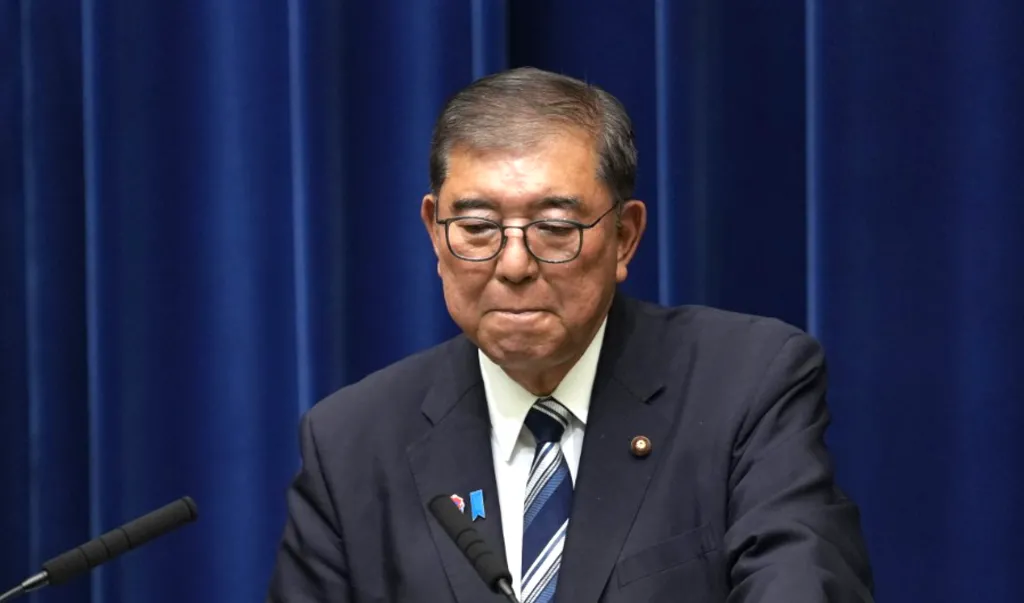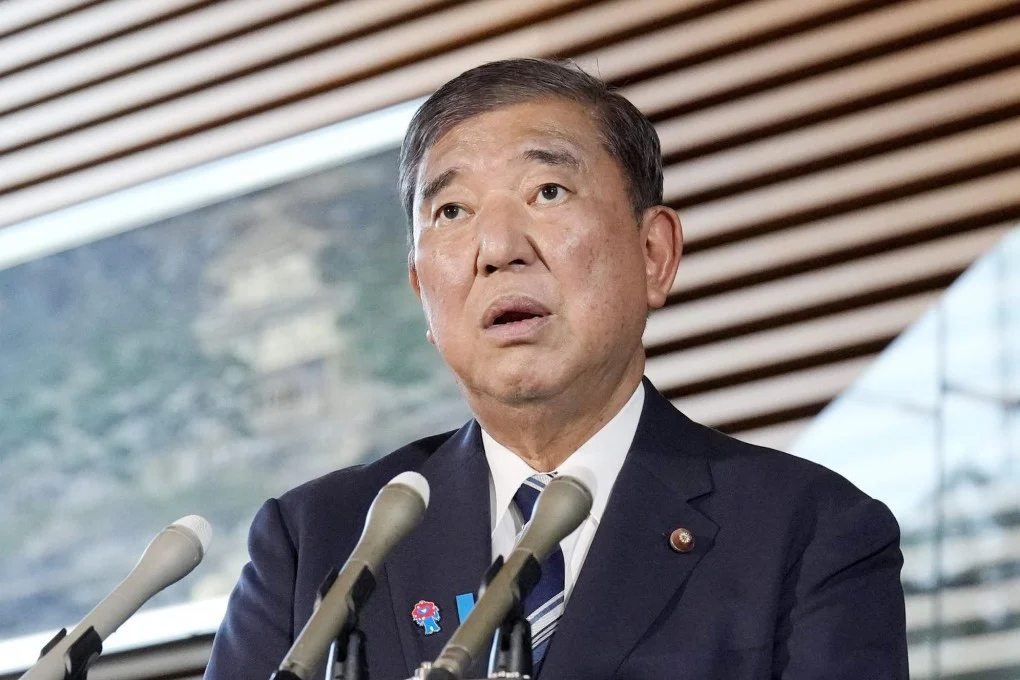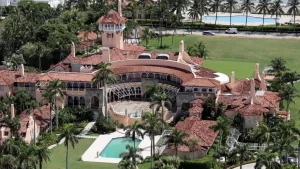Japan is bracing for political turbulence.
Prime Minister Shigeru Ishiba has announced he’s stepping down after less than a year in office.
The move was triggered by two crushing election defeats.
These defeats stripped his ruling Liberal Democratic Party (LDP) of its grip on both houses of parliament.
For a party that’s dominated Japanese politics for most of the last 70 years, losing its lower house majority for the first time in 15 years was already a shock.
The upper house loss in July sealed Ishiba’s fate. An internal leadership challenge loomed, but he jumped before being pushed.
“Now that a conclusion has been reached in the negotiations concerning the US tariff measures.
I believe this is precisely the appropriate time,” Ishiba said.
He pointed to last week’s deal with Washington to ease tariffs on Japanese cars and exports.
He insisted he had stayed on long enough to “settle the dispute” with the US, calling it nothing less than a “national crisis.”
What Are The Critics Saying?
But critics say he never won over the public.
Rising prices — with rice costs doubling in a year — stung households.
Cabinet missteps and scandals, including lavish gifts for party allies, eroded trust.

Now the LDP must pick a new leader, and by extension, Japan’s next prime minister.
For the world’s fourth-largest economy, facing inflation, regional tensions, and a restless electorate.
The question is simple: who can steady the ship?





